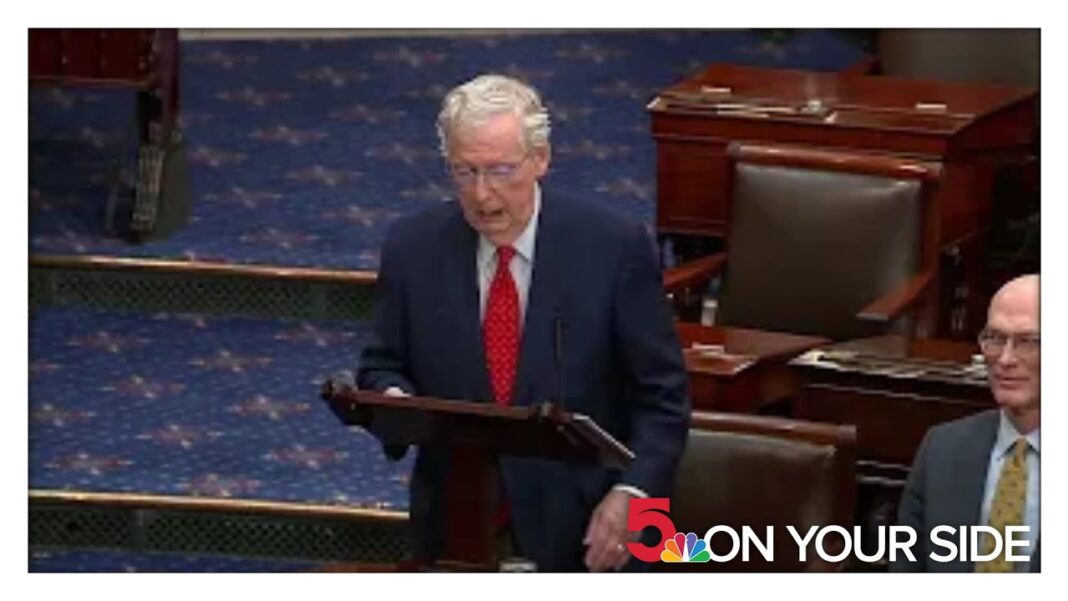One expert cited the famous military strategem ‘The Art of War’ to warn that Beijing will seek to slow-walk negotiations to gain the advantage.
With the United States and China agreeing to a temporary trade truce, experts caution that Beijing will try to drag its feet over the next three months to gain an upper hand over Washington.
After May 10–11 talks in Switzerland, the United States agreed to lower most incremental tariffs on China to 30 percent from 145 percent, while China reduced its retaliatory tariffs on U.S. goods to 10 percent from 125 percent. The reductions will hold for 90 days as both sides continue negotiations to reach a broader deal.
William Lee, chief economist at the Milken Institute, viewed the result as a tie between the two countries.
“It’s a win on both sides. Nobody got the upper hand,” he recently told The Epoch Times.
China, he noted, cannot allow trade to decline for too long since it accounts for a sizable portion of GDP. Domestically, he said, it was also a victory for the United States because “some markets certainly jumped back.”
According to Christopher Balding, a senior fellow at the UK-based think tank the Henry Jackson Society and a contributor to The Epoch Times, this is the beginning of a marathon between the two largest economies.
“This is not a remotely revolutionary agreement,” Balding said in a recent interview with The Epoch Times.
“The only thing that they can really say that they agreed to is that they set up a group to discuss how to continue negotiations.”
Delay Tactics
Looking ahead, some experts said the U.S. administration will need to find strategic ways to navigate trade talks with the Chinese Communist Party (CCP) while avoiding pitfalls.
Alexander Liao, a China expert with decades of journalistic experience in Hong Kong, London, and Washington, thinks the regime will attempt to prolong trade discussions, possibly until the new year.
“In the Party’s view, [U.S. President Donald] Trump’s limited term is a significant weakness, as is the GOP’s slim majority in Congress,” Liao recently told The Epoch Times.







